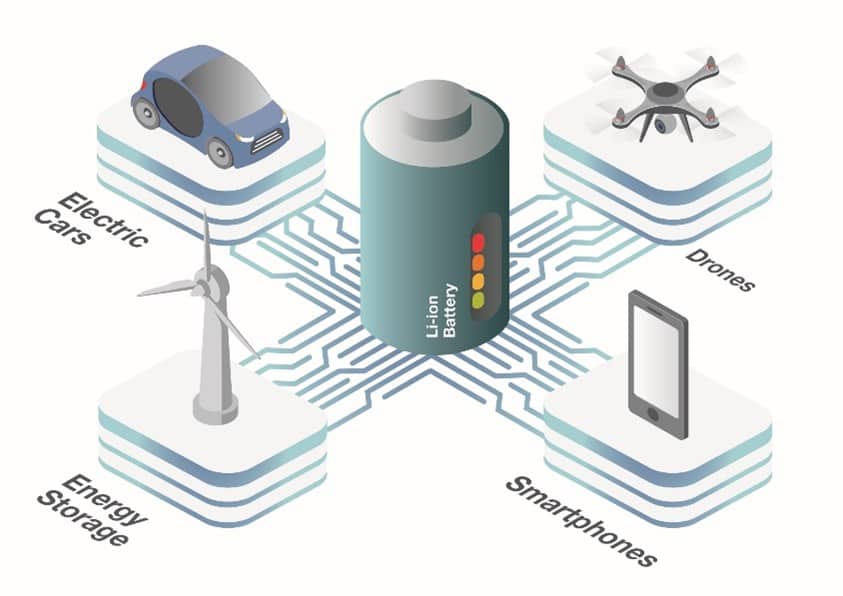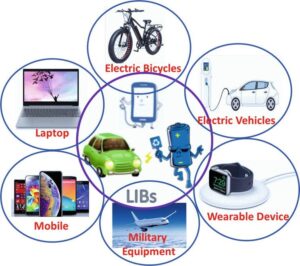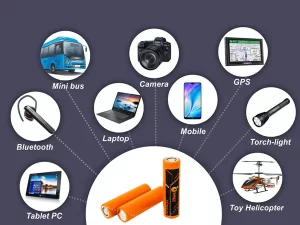In this era of portable devices and electric vehicles, these advanced power supplies are changing how we live and work. Lithium polymer battery is more than just a traditional energy source; they represent a paradigm shift in energy storage. Due to their remarkable properties, they have become the first choice in many industries. Follow us to study lithium polymer batteries.
Early development of lithium polymer battery
The journey of lithium polymer batteries begins with early research and development. Battery technology pioneer explores new ways to harness lithium’s energy. Lithium polymer designs use solid or gel electrolytes, which offer significant safety, flexibility, and capacity advantages. These batteries soon found their way into consumer electronics, setting new standards for efficiency. Our early development efforts focused on improving the safety and ability of lithium polymer batteries. Innovations in electrode materials and electrolyte compositions have increased energy density and reduced the risk of thermal runaway events. These advances paved the way for lithium polymer batteries to enter the consumer market, and their advantages were quickly apparent.
Lithium polymer battery in drones
Lithium polymer batteries have also profoundly impacted the uncrewed aerial vehicle (UAV) field. Their lightweight structure and high energy density give drones longer flight times, ultimately transforming industries such as aerial photography, surveillance, and package delivery. Drones equipped with lithium polymer batteries offer unparalleled functionality. They can fly greater distances, capture high-quality images and videos, and precisely perform complex tasks. This versatility has led to the adoption in various fields, including agriculture, infrastructure inspection, and disaster response. Lithium polymer batteries have made drones indispensable for businesses and organizations worldwide.
The combination of electric vehicles and lithium polymer battery
Electric vehicles (EVs) are another area where lithium-polymer batteries drive innovation. They have an excellent energy-to-weight ratio compared to similar batteries, making them a first choice for electric vehicle manufacturers. Its increased energy density provides electric vehicles with a more extended driving range, helping the adoption of sustainable transportation. As demand for electric vehicles grows, battery technology continues to evolve. They are becoming more energy-efficient, lightweight, and cost-effective, and their role in reducing greenhouse gas emissions and promoting sustainable development is undeniable.
Safety and sustainability of lithium polymer batteries
Although lithium polymer batteries have many advantages, they face safety issues. Reports of battery fires and explosions have drawn attention to the need for solid safety mechanisms and improved manufacturing processes. Safety has always been the top priority in developing lithium polymer batteries. We have been working hard to improve the safety characteristics of lithium polymer batteries, including using advanced protection circuits, thermal management systems, and enhanced electrode materials. These measures significantly reduce the risk of thermal runaway and other safety incidents, making lithium polymer batteries a reliable choice for various applications.
About renewable energy
The synergy between lithium polymer batteries and renewable energy is another notable aspect of its development. Renewable energy sources such as solar and wind are inherently variable, so energy storage is critical for grid stability and uninterrupted power supply. Lithium polymer batteries excel in this regard because they charge and discharge quickly. They can store excess energy generated during high renewable energy production periods and release it when demand exceeds supply, effectively closing the gap between energy production and consumption.
Sustainable development
The journey of lithium polymer batteries is far from over. Ongoing research and development continue to push the boundaries of energy storage technology. Future innovations may lead to higher energy density and more sustainable lithium polymer batteries, expanding their applications into unforeseen areas. To learn more about energy storage battery solutions, visit our official website for more detailed information.



